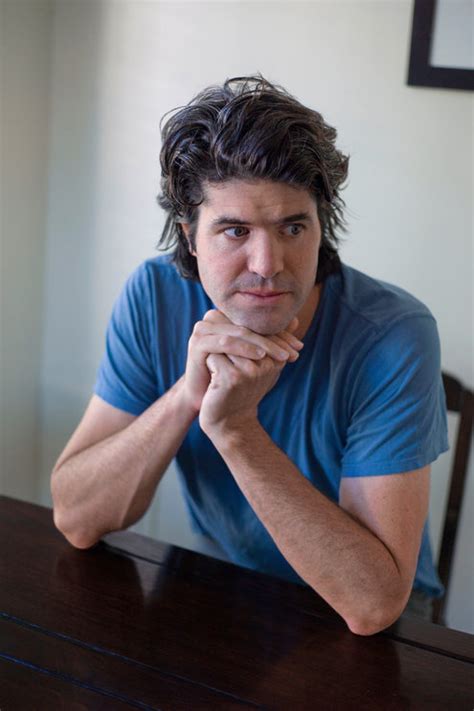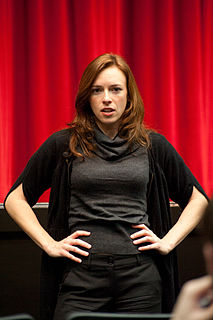A Quote by Michael Graves
Architectural and product designs have a narrative capacity - you can start to tell a story about them and imagine a lot of things.
Related Quotes
When I pick a story, I'm very much aware of the larger issues that it's illuminating. But one of the things that I, as a writer, feel strongly about is that nobody is representative. That's just narrative nonsense. People may be part of a larger story or structure or institution, but they're still people. Making them representative loses sight of that. Which is why a lot of writing about low-income people makes them into saints, perfect in their suffering.
When you tell a story, there are imperatives of structure, of style, of pacing and all of this, that are there simply because you want to make it a good story. When do you introduce your characters? When do you put them onstage, when do you take them off the stage? How do you weave the different threads of the narrative together?
The ventures that keep things light and fun, easy to understand, that have a compelling story, a sexy retail product, will have an easier time getting people to rally around them and contribute. A start-up doing something that's difficult to communicate or doesn't offer any kind of retail product will have a tougher go at it.







































